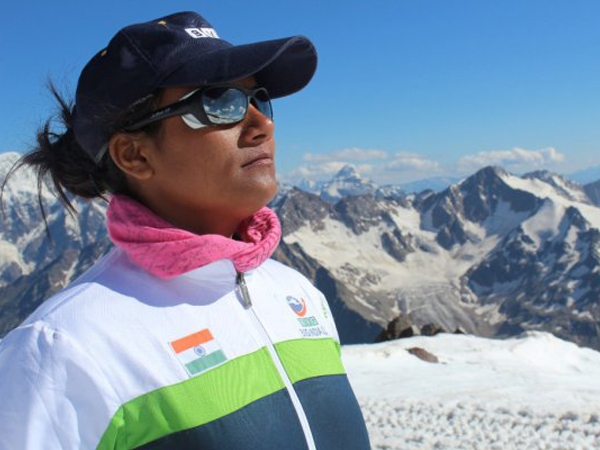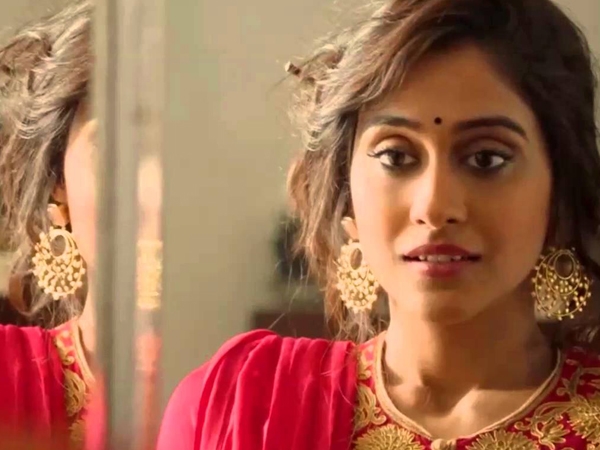
Meryl Streep and Jennifer Lopez whoop for Patricia Arquette in her Oscar acceptance speech
“To every woman who gave birth to every taxpayer and citizen of this nation, we have fought for everybody else’s equal rights. Now it’s our time to have wage equality once and for all, and equal rights for women in the United States of America.”
When Patricia Arquette, who won an Oscar for her role in the film, Boyhood, said these words during her acceptance speech, she was greeted with a thunderous ovation and she even managed to fire up Meryl Streep who clapped enthusiastically and pumped her fist in the air shouting “Yes! Yes! Yes!”. Sitting next to her, Jennifer Lopez, also moved by the speech, whooped several times. In fact, Streep’s joyous endorsement of her words went more viral than what Arquette herself said.
This was one of the rare instances where the Oscars platform was used to speak out on a political issue, but that was probably not the only reason why Arquette’s speech was well received. People who have been following the Oscar news feed for the past one month would be familiar with the gender discrimination that the Oscars have been accused of.
Over the past 86 years, only four female directors have been nominated for the Oscars, of which only one of them won – Katheryn Bigalow in 2010 for the film, Hurt Locker. And this year of 2015, with the exception of actresses, there was not a single nomination for women across seven non-acting categories. And this is despite having two women directors as strong contenders – Ava DuVernay for the film Selma, and Angelina Jolie for the film, Unbroken.
A study by the Los Angeles Times shows that across the big studios, films by women directors make for less than 7% of their annual turnover, with Paramount (4%) and Warner Bros (2.3%). The figures are much better across Europe and global film festivals where art is celebrated regardless of gender and directors manage to get success despite deviating from the commercial formulae to direct interesting and off-beat movies.
(On left)Kate Bigelow, the only female director to win an Oscar for the film, Hurt Locker in 2010
But Hollywood surprisingly enough, has always been a boy’s club. The few women directors who’ve made it there are exceptional in their work, but few in number. Oddly enough, matters looked promising in the era of silent films, where the film society was dubbed ‘open’and ‘progressive’ and even had well-sought female directors and screen-writers like Lois Weber, Frances Marion, Anita Loos and June Mathis. June was also the first female executive in Hollywood.
The changeover happened in the 1920s when sound-based motion pictures came in. Since this required more funding than silent films, and banks stepped in as the primary patrons for movie studios. And with them came a no-risk formula that meant conventional cinema, commercial cinema and no women directors.
Oddly enough, the audience never really cared who directed, as long as they enjoyed the film. And today’s discerning audience even supports the work of female directors and women centric films. As do film festivals and to an extent, the other award properties like BAFTA, Golden Globes etc. But the Oscars, that’s a story that remains unchanged.
The LA Times study also shows that 94% of the Oscar voters are white and 77% male, which might account for its still continuing skewed ratio when it comes to gender and race.
Oddly enough, India with its numerous gender discrimination issues that are evident to many of us within the society on a daily basis, is marginally better off than Hollywood in the matter of women directors.
Over the years, we have seen many fabulous female directors come and go, both mainstream and in parallel cinema. Whether it be commercial stalwarts like Farah Khan, Zoya Akhtar, Pooja Bhatt or Sai Paranjpye or the queens of cross-over films like Mira Nair, Aparna Sen, Revathy Menon, Deepa Mehta, Kiran Rao and Nandita Das. Amongst them, two of the directors won Filmfare Awards, widely considered to be the Indian equivalent of the Oscars in both reach and fanfare. Sai Paranjpye won the first Filmfare in 1985 for the movie Sparsh and Zoya Akhtar won two Filmfares, one as a debut director for Luck By Chance and the other as Best Director for Zindagi Na Milegi Dobara.
It’s a little less prevalent, but still a growing phenomenon in the South, as compared to Bollywood.
We still have a long, long way to go in attaining gender equality in movies, both in directorial ventures and the kind of pay and roles that female actors are given in Bollywood. But it still feels good to bask in that wee bit of glory that has unexpectedly come our way. You go girls!
Image Courtesy: Reuters
More on>> Hollywood




